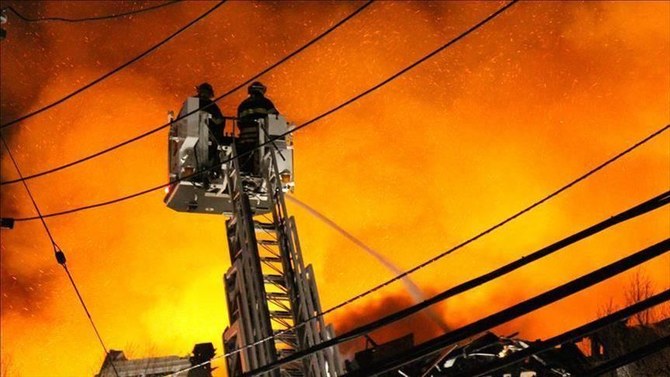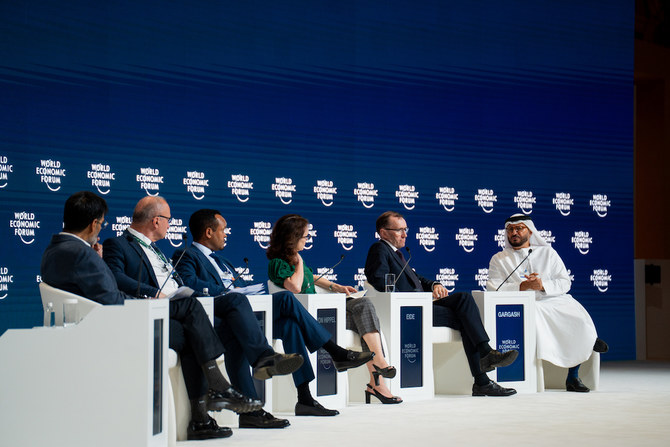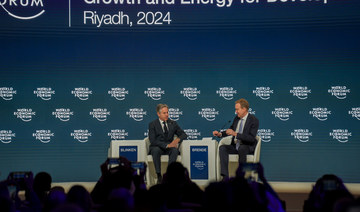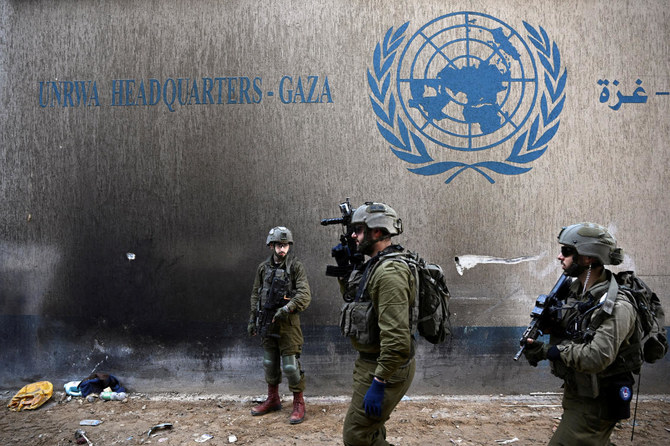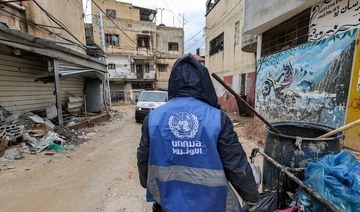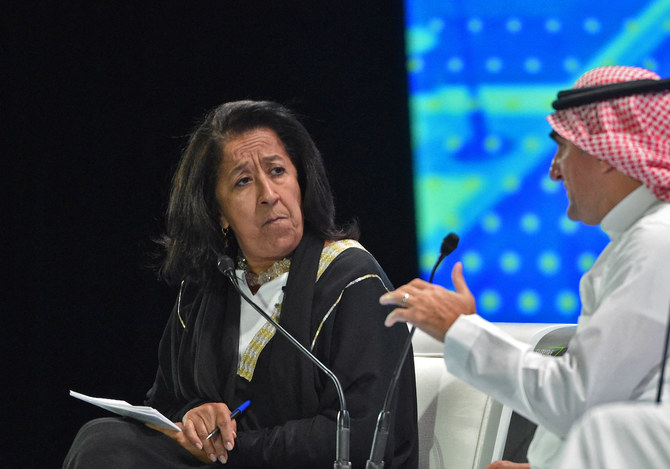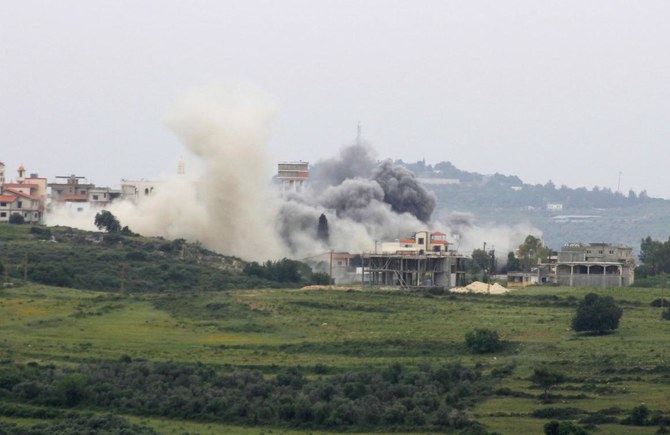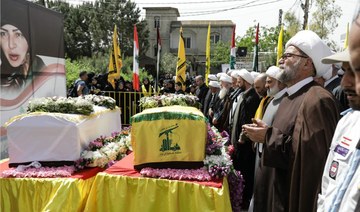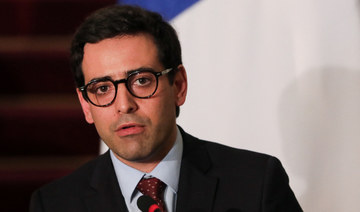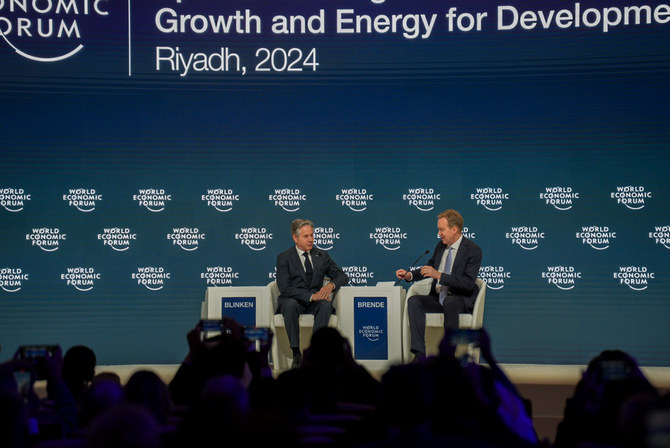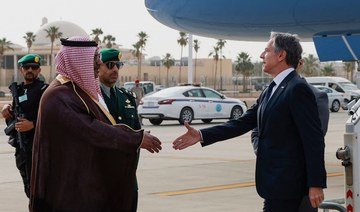RIYADH: Nations must look for ways to unite on issues that “affect the planet” for the prosperity and stability of the global community, a senior UAE official told a World Economic Forum session here on Monday.
“We have to find a way that non-geostrategic issues should bring us together, rather than take us apart. I think technology, climate should bring us together because we have a vested interest,” said Anwar Gargash, diplomatic adviser to the UAE president, during a panel discussion titled “Rising Powers for a Multipolar World.”
“We might all argue about who pays what, how fast it should go … but ultimately we should recognize that these issues that affect the planet are issues that we will all suffer from,” he added.
Gargash said that “to some certain extent we have a knack for politicizing these issues rather than making these issues an adhesive that brings us together.”
Another panelist, Croatia’s Foreign Affairs Minister Gordan Grlic Radman emphasized the importance of multilateral relationships, “not replacing them … and not watering down rules-based order. Rules are there to respect them.”
Espen Barth Eide, Norway’s foreign affairs minister, added that the global community was experiencing a crisis of credibility. This has been exacerbated by the situation in Gaza and by “the inability of many Western countries who have hesitated to use the same type of language … they used against Russia.”
“When it comes to Gaza, we have not been able to see the same type of response … the way that Israel has conducted the war has also been very problematic in light of global norms. If we do not call out that it comes back and haunt even the arguments on Ukraine,” Eide said.
“To be frank it is a crisis of Western-initiated values, but they also have turned into a crisis of institutions. The response to that is to be very clear on our own practice, as Norway, with friends. If we believe certain things are right or wrong, we should apply them consequentially across the board.”
Gargash said that building bridges and making friends has been the UAE’s strategy. “We see ourselves more on the geo-economic phase of our foreign policy. That in itself reflects what are our priorities with regards to BRICS or any other international organization we seek to join.
“We are increasing and concretizing the sort of bridges that we have. We are looking at it more on the geo-economic perspective. We have no interest in creating further schisms within the international system. We have an interest in being able to reach out on all our friends, and create more opportunities.
“Countries like us cannot afford to be fatalistic, and see this things are happening anyway. I think we need to work, whether in smaller or larger groups, it depends really on the situation … whether we will be more effective working with an Arab consensus, then we will do it.
“We are interested in joining many other organizations, we are looking at it from the perspective of having more friends, more bridges, more economic opportunities rather than a rejection of something and an adoption of something else.”
Citing the China-US relationship in the past, the UAE official said that “we should remember that this is not 1945, it is our duty as other countries to emphasize always that we are not at that moment and we do not want to recreate that bipolarity of the past.”
Gargash added: “The important thing is it is our job, whenever the China-US relationship is on the table, not to think in (a) 1945 framework but to say this is a different world. India today is not the India of 1945, Europe is not the Europe of 1945. There are many other players, we cannot ease the other players out and think of just the two major parties.”



